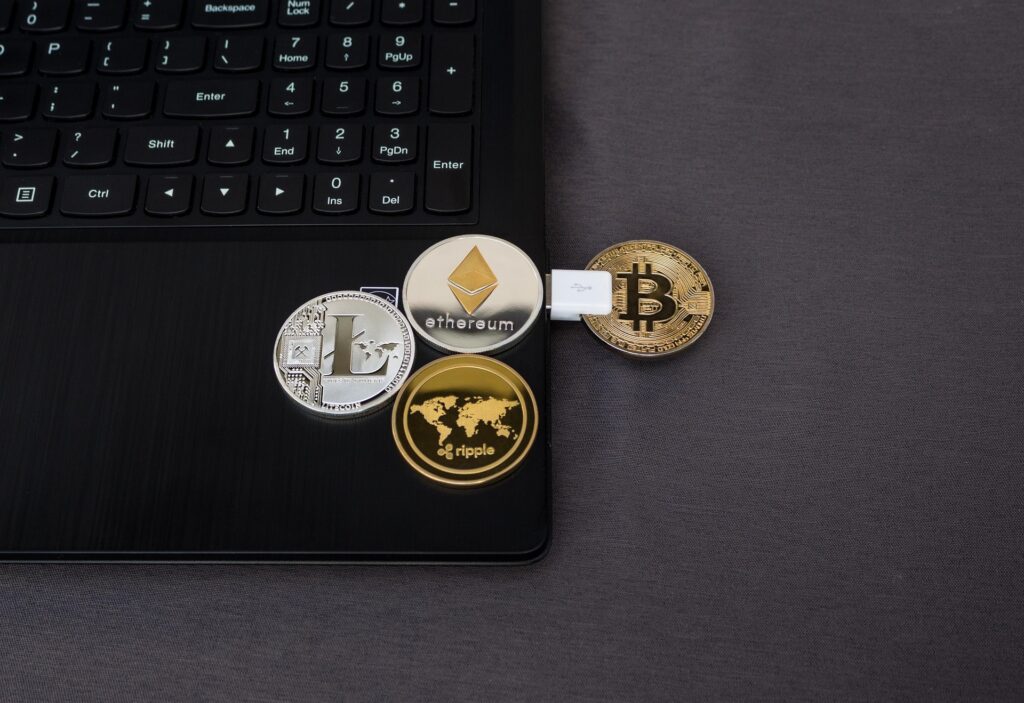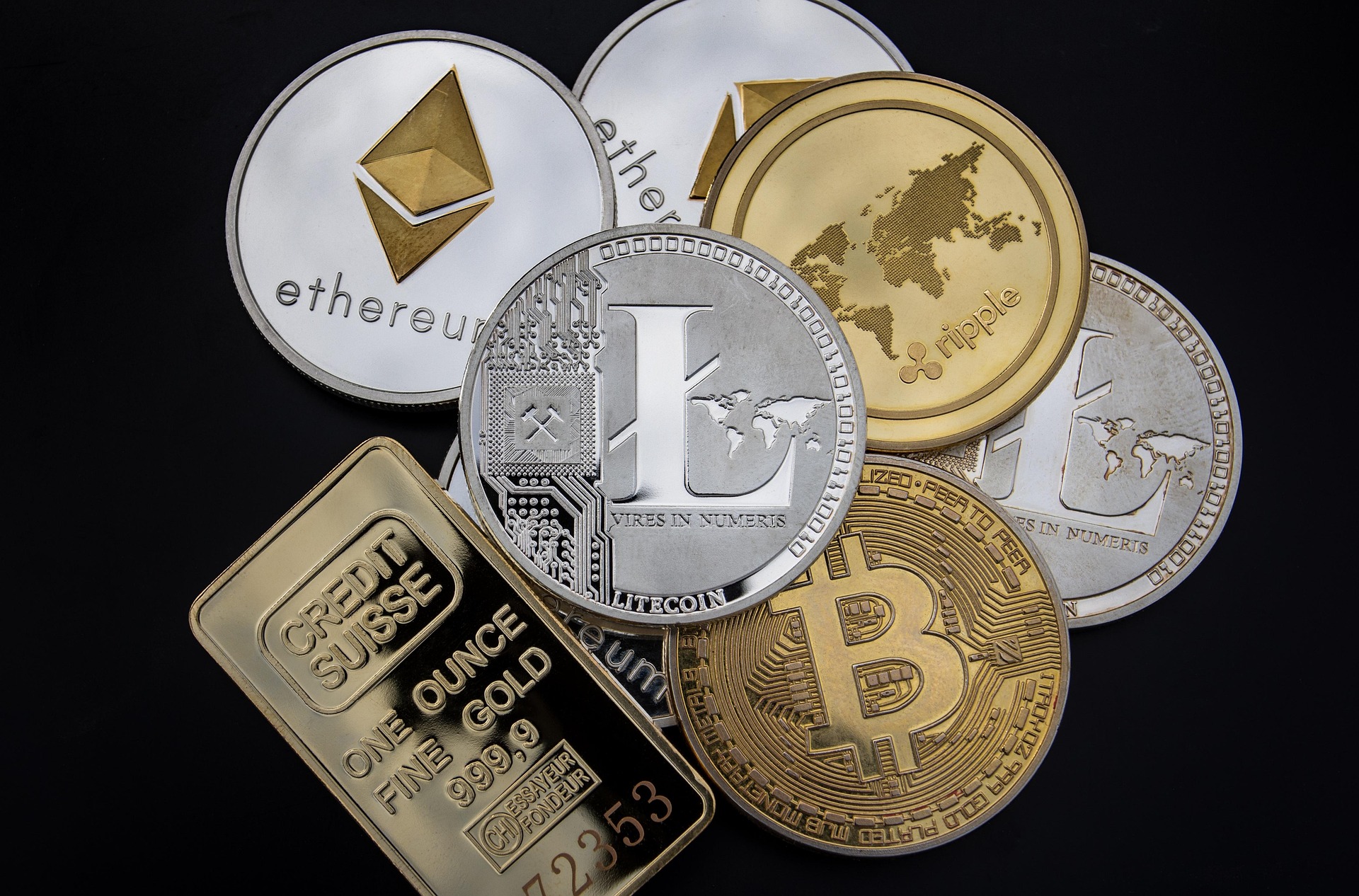In 2025, Bitcoin has transcended its origins as a speculative asset to become a cornerstone of national financial strategies. Countries are increasingly incorporating Bitcoin into their reserves, signaling a shift towards digital sovereignty. This movement is redefining global finance, with Bitcoin at the helm.
🌐 The Emergence of Bitcoin Reserves
The United States has pioneered this trend by establishing a Strategic Bitcoin Reserve through an executive order signed by President Donald Trump in March 2025. This reserve, funded by the Treasury’s forfeited bitcoins, positions the U.S. as the largest known state holder of Bitcoin, with holdings estimated at 207,189 BTC.
In 2025, Bitcoin has transcended its origins as a speculative asset to become a cornerstone of national financial strategies. Countries are increasingly incorporating Bitcoin into their reserves, signaling a shift towards digital sovereignty. If you’re new to this transformation, check out our deep dive into Bitcoin’s changing narrative here 🧠.
Other nations are following suit. Japan’s Government Pension Investment Fund is exploring diversification into Bitcoin, and the Czech National Bank is considering allocating up to 5% of its reserves to the cryptocurrency. These moves reflect a growing recognition of Bitcoin’s potential as a strategic asset.

📈 Bitcoin’s Market Performance
Bitcoin’s market performance has been impressive. After a dip in early April 2025, it rebounded, gaining 15% in April alone and surpassing the $100,000 mark. This resurgence is attributed to skepticism towards U.S. markets due to new tariffs and a shift in investor sentiment favoring alternative assets. Reuters
Institutional interest has also surged, with $5.5 billion flowing into digital asset funds in the past three weeks, including $1.8 billion into Bitcoin products. Analysts project that Bitcoin could reach $120,000 in Q2 2025, with some even predicting a rise to $200,000 by the end of the year.
🏛️ Institutional Adoption and Policy Shifts
Institutional adoption of Bitcoin is accelerating. States like Arizona and New Hampshire have enacted laws permitting state involvement with cryptocurrencies. Arizona’s House Bill 2749 allows the state to maintain a reserve of unclaimed cryptocurrency property, while New Hampshire’s House Bill 302 permits officials to invest up to 5% of public funds in major cryptocurrencies and precious metals.
On the federal level, the Office of the Comptroller of the Currency (OCC) has clarified that national banks can custody digital assets, signaling a more favorable regulatory environment for cryptocurrencies.

🌱 Environmental Considerations
Bitcoin mining’s environmental impact remains a concern due to its high electricity consumption. However, some countries are adopting sustainable practices. Bhutan, for instance, is leveraging its surplus hydropower to mine Bitcoin, aligning with its environmental values and generating significant revenue.
This approach demonstrates that with the right infrastructure and policies, Bitcoin mining can be integrated into a country’s economy sustainably.
🌍 Global Adoption Trends
Bitcoin adoption is growing worldwide. Countries like Brazil, Indonesia, and Turkey have seen significant increases in Bitcoin holders, driven by factors such as inflation protection and financial inclusion.
In Brazil, 20.6% of the population uses Bitcoin, amounting to around 25 million people. Indonesia has 23.5 million Bitcoin holders, representing 20.1% of its population. Turkey’s adoption rate stands at 27.1%, with approximately 12.8 million users.
🔮 The Future of Bitcoin
As Bitcoin continues to integrate into national financial systems, its role as a strategic asset is solidifying. The establishment of Bitcoin reserves by countries and the increasing institutional adoption suggest that Bitcoin is transitioning from a speculative investment to a foundational component of modern economies.
This evolution underscores the importance of understanding and engaging with Bitcoin, not just as an investment, but as a transformative force in global finance.

🧠 Final Thoughts: Bitcoin as a Pillar of Financial Independence
Bitcoin’s journey from a fringe internet currency to a recognized reserve asset by governments and institutions is nothing short of revolutionary. What we’re witnessing now isn’t just financial innovation — it’s a shift in power. As countries seek digital sovereignty, Bitcoin is emerging as the tool that enables this autonomy.
Whether you’re an individual investor, a policymaker, or simply curious about the future of money, it’s clear that Bitcoin is no longer just a bet on the future — it’s becoming part of the financial foundation of our present. 🌍📈
As more governments and institutions embrace it, the question is no longer if Bitcoin will shape the global economy, but how deeply it already has.




